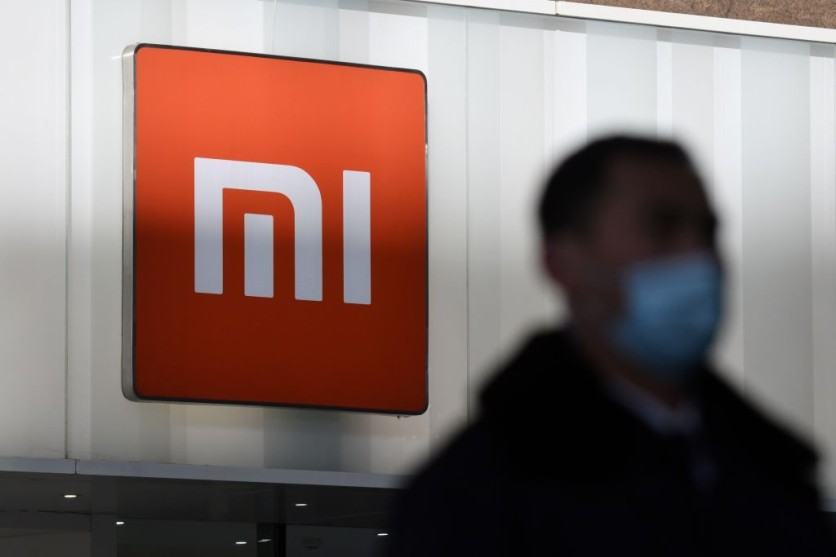
On Saturday, Apr. 30, India's anti-money laundering agency revealed that it had seized assets worth around $725 million from Xiaomi India for breaching the country's foreign exchange laws.
This incident is a major blow to the Chinese phone maker that commands the smartphone market in the country.
India's Agency Seizes Xiaomi's Assets
The Indian Enforcement Directorate or IED said that it had seized the bank accounts of Xiaomi India after it found out that the telecommunications company had remitted $725 million to three foreign-based entities in the guise of royalty payments.
The IED added that such huge amounts in the name of royalties were remitted on the instructions of their Chinese parent group entities, according to Reuters.
The amount remitted to two other unrelated entities based in the United States was also for the Xiaomi group entities' benefit.
Also Read : Xiaomi Mi Fan Festival Kicks Off On Wednesday In India: Mi 5 And Accessories On Sale, Special Deals In Tow
The agency, which has been investigating Xiaomi as well as several other Chinese firms since December 2021, said that the phone maker had provided misleading information to the banks while remitting the money abroad.
Xiaomi commanded 23% of India's smartphone market share in the quarter that ended in March, according to Counterpoint. Its former head, Manu Jain, was summoned by the agency in January for questioning over tax-related compliances.
The company has taken a hit in its popularity in the past few years after India's ban on Chinese apps over national security concerns, according to Gadgets 360.
For optics measures, Xiaomi rebranded several of its shops in the country in 2020 with "Made in India" banners in a move that analysts said was the phone maker's attempt to distance itself from its Chinese parent firm.
India's Ban on Chinese Apps
According to Tech Crunch, the Indian government banned 59 apps developed by Chinese firms over concerns that these apps were engaging in activities that threatened the country's national security and defense, which "impinges upon the sovereignty and integrity of India."
Among the apps that India's Ministry of Electronics and IT had ordered to ban are the following: TikTok - India's one of its biggest overseas markets; Community apps and Video Call apps from Xiaomi - the top smartphone vendor in the country; UC Browser and UC News from Alibaba Group; Shareit; Club Factory - is India's third-largest e-commerce firm, and ES File Explorer.
This is the first time the country has ordered to ban several foreign apps. India is the world's second-largest internet market, with almost half of its 1.3 billion online population.
India's Computer Emergency Response Team had received a lot of representation from citizens regarding the security of data and breach of privacy impacting public order issues.
Tarun Pathak, an analyst at Counterpoint, said that the order would impact one in three smartphone users in the country. TikTok, Club Friday, UC Browser, and other apps put together had more than 500 million active users every month.
Also, 27 of these 59 apps were among the top 1,000 Android apps in the country in April. It is not clear what the "ban" really means and how mobile operating system makers and internet service providers are expected to comply.
In 2014, Xiaomi suffered a smartphone sales ban in India.
Related Article: Xiaomi New Redmi Note 10 Series The Most Popular Product Lineup in India
This article is owned by Tech Times
Written by Sophie Webster




